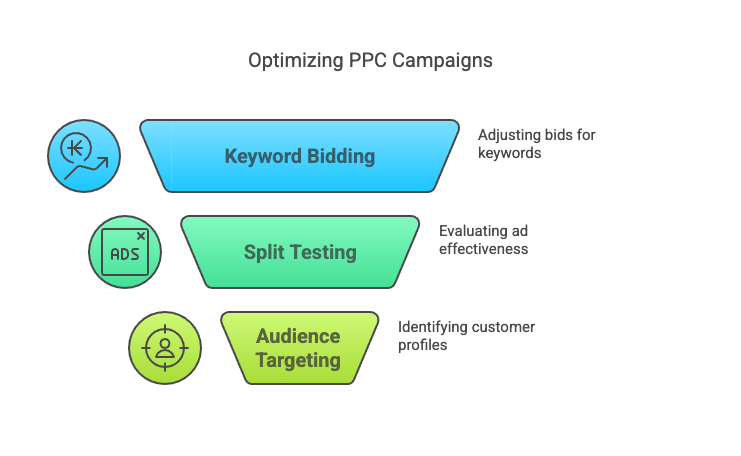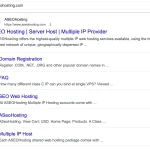In case you haven’t already heard of it, pay per click advertising is an ad model where a business only pays if a customer clicks on one of their ads. It’s most popularly known through the Google Ads platform, which distributes advertisements across Google’s myriad properties. How it works is fairly simple.
First, an advertiser determines what keywords they want to target, based on what’s likeliest to bring in qualified leads. They can also add negative keywords so they aren’t paying for clicks from people who aren’t sales prospects. You then bid against other competing advertisers on your keywords – whoever puts in more money per click gets a higher placement and, consequently, more clicks.
It seems pretty simple, right?
Unfortunately…it’s not. There’s actually a fairly steep learning curve in PPC advertising, a wealth of pitfalls that can see you wasting a ton of money for relatively little gain.

Bad Bidding
Not every pay per click campaign receives the number of views you hope for. In part, this could be caused by disconnected, offensive, or simply bad advertising. However, you might also not be bidding effectively on your keywords.
If your ads seem to be reaching the correct audience but you’re not getting enough pageviews or clickthroughs, you might consider raising your bid. While this means you’ll be paying more per click, it might also bring in more traffic (and therefore more conversions).
Unfortunately, this isn’t an exact science. If raising your bid doesn’t seem to have an observable effect on your success rate, this may signify there’s some deeper problem at play. You may be making one of the other mistakes on the list.
Failure to Split Test
A split test is a simple means of measuring the effectiveness of a particular advertisement. How it works is relatively simple. You have an ad. Change one small part. Then, show the changed ad and the original to different groups. This tracks the change’s impact. It shows how much the small change affects ad success. If the changed ad works better, you’ve improved your campaign.
Via split-testing, you can eliminate much of the guesswork involved in setting up a new campaign, instead of taking a more focused and data-driven approach. It helps you determine if a particular ad is worth the cost without losing too much money in the process, while also making and measuring small optimizations over the course of a campaign. Just be certain that leading platforms can sometimes make tracking clicks a bit difficult – and that you need to make sure ads are evenly-distributed and measured over a long enough period to ensure accuracy.
Inaccurate Targeting
If you don’t know your audience, then you’re throwing money away. You need to know who your intended customer is before you even start doing keyword research. Who they are, what they’re interested in, and what style of advertisement will be most impactful to them.
Create a few simple buyer personas. These will help you categorize your audience. Include age, occupation, and hobbies. Also include their desires, values, and influences. You can use a more focused approach later. You can shift to a more focused approach later.
For now, what’s important is that you know, in general terms, what will catch your audience’s attention.
You’ll also want to pay attention to what targeting options are available to you, and how they work for the various different PPC platforms. Different mediums require a different approach, after all, and offer you different tools for targeting and advertising. Take the time to learn each medium before you start bidding on ads in order to better-guarantee efficient spending.
Related
- WordStream – “PPC Keyword Research: The Ultimate Guide”: This guide is a deep dive into keyword research, which is critical for effective PPC campaigns and ties into both bidding and targeting effectively.
- SEMrush – “PPC Automation: How to Streamline Your Workflow”: This article discusses how automation tools can assist with various aspects of PPC, including bidding strategies and split testing, thus helping to avoid common mistakes.
In Closing
A well-targeted PPC advertisement can be immensely beneficial to your organization. However, targeting is only the first step here. It’s important that, in addition to understanding the fundamentals of PPC, you also have a solid grasp of marketing and advertising’s other elements, particularly where psychology is concerned.
You need, in other words, to understand your audience, your industry, and your platform all at once – because if you don’t, then it doesn’t matter how well-targeted your ads are.




